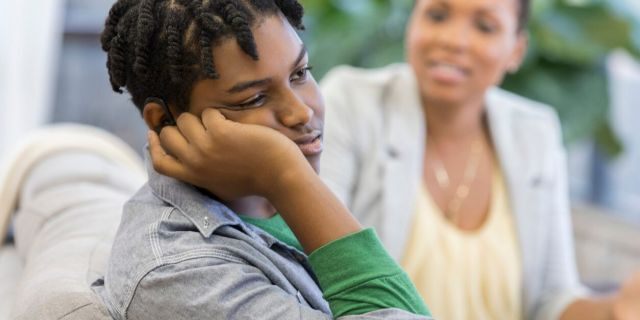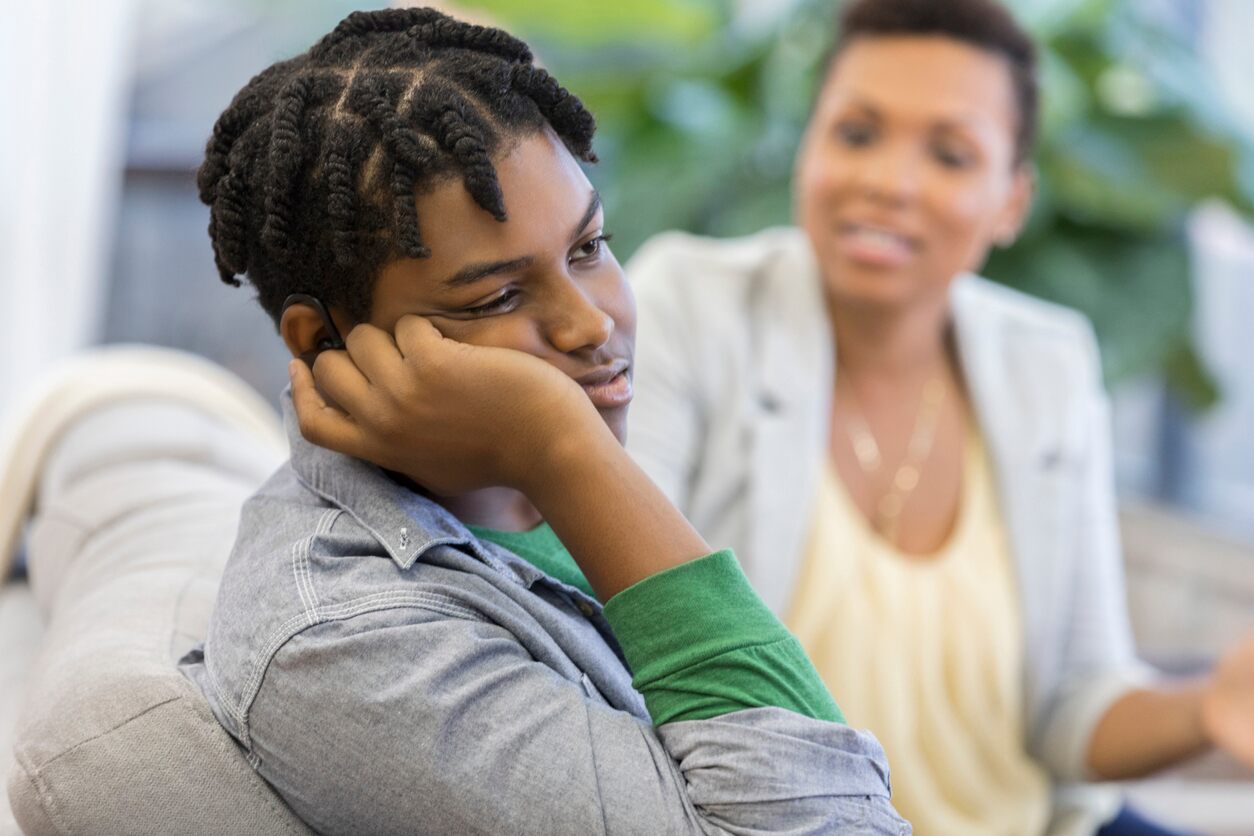[ad_1]
The number of young adults living with an adult or grandparent during the coronavirus pandemic is at an all-time high, according to a Zillow analysis. Psychologist Jennifer Dragonette, Psy.D, Newport Institute executive director, recently offered advice to alleviate family and financial tensions.
An estimated 2.7 million U.S. adults aged 18 to 25 moved in with an adult family member in March and April as the pandemic ensued, according to the analysis. While living arrangements for this age group are usually seasonal given college semesters and stints in jobs, pandemic-related school closures, job losses and financial burdens sent many packing for home.
CLICK HERE FOR FULL CORONAVIRUS COVERAGE
Dragonette recently told Fox News of several ways young adults can maintain a sense of independence at home while alleviating family tensions during the pandemic.
Before young adults move home, Dragonette said it’s important to establish clear boundaries and expectations to avoid misunderstandings.

Establish clear boundaries and expectations to avoid misunderstandings, one expert advises (iStock).
“It’s wonderful that parents are able to and willing to accept their children back at home but parents really have to understand that this is going to look different,” Dragonette said. “Parents (should go) into this situation with an open mind that this is an adult who’s coming back to live at home and not a kid. ‘It’s my child but they’re not a child anymore.’”
Dragonette said it’s important for young adults living at home to have their own space, (if possible) their own bedroom or an area of the house where they can go away from family and it not be seen as an “affront,” but rather an adult who needs space.
At the same time, young adults should also be a part of the household and take on some responsibilities like cleaning, shopping, helping with food or paying rent. This can help a young adult feel more like an adult in the household and less like a child, she said.
US HAS ‘WAY TOO MUCH VIRUS’ TO CONTROL, WARNS CDC EXPERT
During the coronavirus pandemic, many young adults missed out on milestones like formal graduation ceremonies, birthdays and weddings. Dragonette advises parents to take a step back, acknowledge that this is a real loss and allow space for their children to feel sad.
“There’s a lot that’s not within our control right now and, for young adults in particular, if they’re living at home, they have almost little to zero control over their lives.”
Plan virtual reunions or trips after the pandemic ends to regain some control, she said. Try reaching out and connecting with others who are likely going through similar experiences.
AUSTRALIA SEES HIGHEST NEW CORONAVIRUS CASELOAD SINCE MID-APRIL, SUCCESSFUL VIRUS FIGHT OVERALL
Furthermore, one-third of 40,000 U.S. adults showed clinical signs of anxiety and depression in early to mid-May, according to a recent report from the U.S. Census Bureau, and other federal agencies.
“I think one of the benefits that’s come out of this crisis is that in some ways mental health is becoming even less stigmatized right now or mental health problems because they’re so common in our society in this moment in time,” Dragonette said. “It wouldn’t be unsurprising for someone to experience depression or anxiety for the first time in their lives right now because of the trauma that’s happening in our culture.”
Dragonette says one of the things that maintains depression and anxiety is not acknowledging their presence. She recommends reaching out to local resources to address mental health issues.
ONE-THIRD OF NEW YORK CHILDREN WITH KAWASAKI-LIKE DISEASE HAD A PREEXISTING CONDITION, STUDY SAYS
Finally, while adequate sleep, exercise and nutrition won’t directly fix financial issues experienced by many during the pandemic, Dragonette says proper self-care can help alleviate stress and anxiety associated with financial strain.

Proper self-care like exercise, nutrition and sleep can help alleviate stress and anxiety, experts say. (iStock)
“For a lot of people, those can be the first things to go when we feel real-life pressures and real-life stress; we feel like we don’t have the time, or energy, or the bandwidth to take care of ourselves and that’s exactly the opposite of what we should be doing,” Dragonette said.
“Those moments in our lives when we’re feeling the most stressed are also when we need to be the most gentle with ourselves and remind ourselves that it’s important to sleep and even just get a walk around the block; to treat ourselves like someone whose care we are responsible for.”
[ad_2]
Source link

